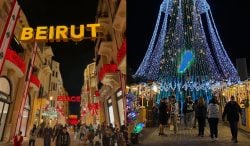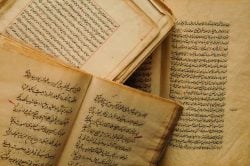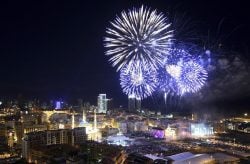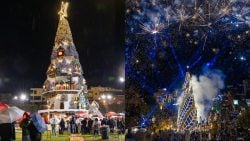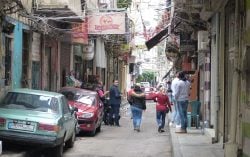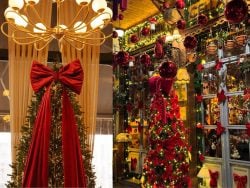Nawwaret
“Takket el se’a.” (Literal translation: “The clock ticked.” Actual Translation: “The circuit breaker tripped.”)
A glance at everyday routines and language of the Lebanese shows how they have adapted to the ongoing power crisis since the civil war. The average home must pay two electricity bills every month: one to the government (EDL) and one to an alternate source, such as a generator owner. The monthly bill is mysterious,but it is the only tangible record that people have. Unable to dispute it, there is often mistrust and tension with those involved with providing electricity. In daily life, the Lebanese have become accustomed to a trial and error way of ensuring their fuses won’t blow (takket el se’a). They consistently operate under the maximum that they are charged per month by the generator owner. As the remainder goes unused, it is common for building facilities such as elevators to be out of order during scheduled power cuts.
Team Y3BM and IndyACT are collaborating on Project Nawwaret to introduce enlightened electricity management. The aim is to start with a small change in everyday homes that can ripple long-term benefits to their communities, the greater system, and the environment. The results show the potential of a simple energy management system for Beruti homes that are subject to everyday limits in power. Increasing understanding of electricity consumption helps people to overcome immediate problems with the bill and takket el se’a. Tackling this first step will also help build a foundation for pooling resources, more transparent relationships, caring about energy-efficiency, and increasing accountability in provision.
“DESMEEM: Rethinking Design through Cross-Cultural Collaboration” is an international multidisciplinary social design project that has been developed in Beirut for the past few months with European and Lebanese designers and architects. As a research-led initiative, all the projects revolve around themes that are of high social or environmental significance to Lebanon. These include urban space, energy/electricity, sustainable consumerism, creative education, disability, migrant workers integration, personal finance, and gender/LGBT rights. This project is one of the eight that was created by this process.
